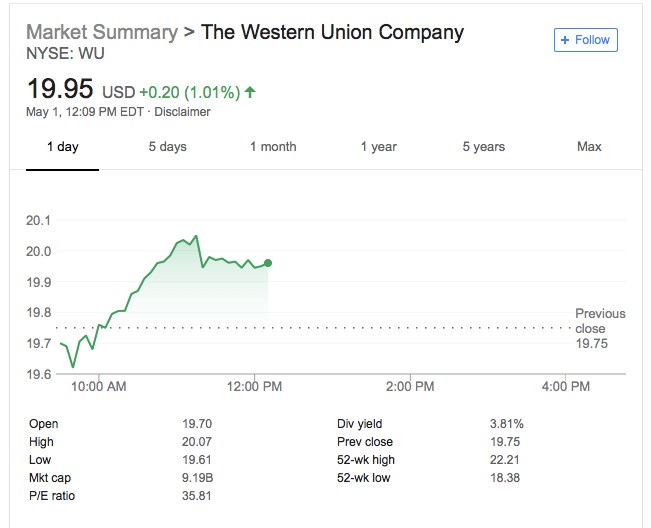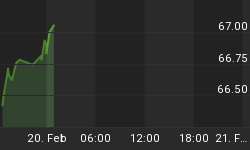Digital payments through Chinese messaging app WeChat have risen to a mind-blowing $1.2 trillion as of 2016, and in the first quarter of last year, the app accounted for a whopping 40 percent of all mobile transactions in China.
That’s a lucrative market—to say the least.
One in four international students in the world is Chinese—and Western Union isn’t going to be left out of the lucrative money-sending opportunities this represents, announcing Monday that it has added WeChat Pay to its product.
“Mobile payments play a key role in the day-to-day life of China’s digitally-savvy population,” media cited Adam Tiberi, senior vice president, strategy and product, Western Union Business Solutions, as saying. “Being able to use WeChat Pay and other popular payment platforms is crucial for Chinese students. As the largest international student population in the world, Chinese students expect universities to offer them simple and convenient payment experiences. Our latest update to GlobalPay for Students allows our education customers to provide an enhanced experience for their Chinese students.”
“China accounts for about a quarter of international students in the world,” Raymond Qu, Founder and CEO, Geoswift Limited, with which WU has an alliance, told media. “The country is instrumental in shaping the trends for international student payments. This poses a huge opportunity for academic institutions across the world to attract Chinese students by providing appropriate payment opportunities. We are delighted to build on our existing alliance with Western Union to further enable this opportunity.” Related: What's Behind Today's Cybercrime Explosion?
WeChat Pay has officially been added to WU’s GlobalPay for Students product—made possible through an alliance with Chinese Geoswift, a payment solutions company. What it means is that users, through academic institutions, will have a wider range of digital payment options from abroad.
WU stock was trading up today on the news because when it comes to FinTech, it’s been a clear leader at adopting new digital solutions in time to take advantage of major market opportunities.

(Click to enlarge)
The money transfer giant will report earnings today as well, and analysts are particularly upbeat, expecting an upside from higher contribution in its consumer-to-consumer segment, which represents 80 percent of its revenues. Worldwide immigration is growing, and this means soaring demand for money remittance.
Related: What Really Drives The Price Of Gold?
In 2016, global remittances totaled $573 billion, hitting $613 billion last year for a 7-percent increase, according to the World Bank. For 2018, global remittances are expected to grow another 4.6 percent, reaching $642 billion.
Moody’s has pointed out that big banks are lagging behind Fintech companies to secure this massive market share, saying that the “bank of the future” will be the one that caters to customers’ “evolving digital expectations”. So far, WU is doing just that.
The WU announcement also comes at the same time that the Chinese authorities have admitted they have access to deleted WeChat messages, and access that data without the permission of the users as part of the emerging ‘Social Credit Score’ system detailed last week.
By Michael Kern for Safehaven.com
More Top Reads From Safehaven.com:
















